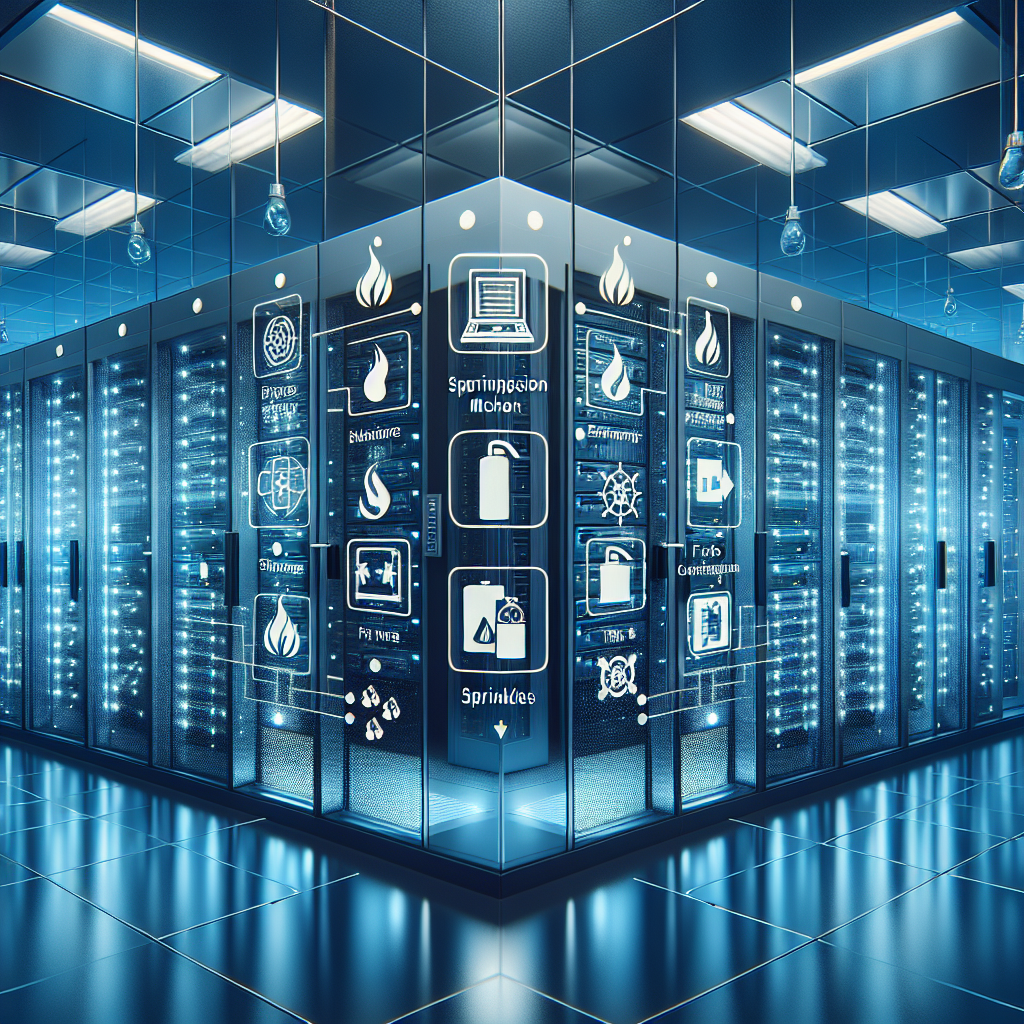Key Considerations for Implementing Fire Suppression in Data Centers
Data centers are the backbone of modern businesses, housing critical information and infrastructure that keep organizations running smoothly. However, with the increasing number of electronic devices and servers in data centers, the risk of fire is a growing concern. Implementing fire suppression systems in data centers is essential to protect the valuable equipment and data housed within. Here are some key considerations to keep in mind when implementing fire suppression in data centers:
1. Understand the Risks: Before implementing a fire suppression system, it is important to understand the specific fire risks present in your data center. Data centers house a large amount of electrical equipment and cabling, which can increase the risk of electrical fires. Additionally, the high concentration of servers and cooling systems can create a hot and dry environment, increasing the risk of fires starting and spreading quickly.
2. Choose the Right System: There are several types of fire suppression systems available, each with its own advantages and disadvantages. Common options include water-based systems, gas-based systems, and aerosol-based systems. Water-based systems, such as sprinklers, are effective at quickly extinguishing fires but can cause water damage to equipment. Gas-based systems, such as clean agents, are clean and effective but can be costly to install and maintain. Aerosol-based systems, such as condensed aerosol fire suppression, are non-toxic and environmentally friendly but may not be as effective at extinguishing certain types of fires.
3. Consider Redundancy: Data centers are critical to the operation of businesses, so downtime due to a fire can have serious consequences. Implementing redundant fire suppression systems can help ensure that fires are quickly and effectively extinguished, minimizing downtime and damage to equipment. Redundant systems can include multiple types of fire suppression systems or multiple zones within the data center that are each protected by their own system.
4. Regular Maintenance: Like any other system, fire suppression systems require regular maintenance to ensure they are functioning properly. Regular inspections, testing, and maintenance of fire suppression systems are essential to ensure they are ready to perform when needed. Additionally, data center staff should be trained on how to operate the fire suppression system in case of an emergency.
5. Compliance with Regulations: Data centers are subject to regulations and codes that govern fire safety measures. It is important to ensure that any fire suppression system implemented in a data center complies with these regulations to avoid fines and penalties. Working with a qualified fire protection engineer can help ensure that your fire suppression system meets all regulatory requirements.
Implementing fire suppression in data centers is a critical step in protecting valuable equipment and data from the devastating effects of fires. By understanding the risks, choosing the right system, considering redundancy, maintaining the system regularly, and complying with regulations, data center operators can help ensure the safety and security of their facilities.


